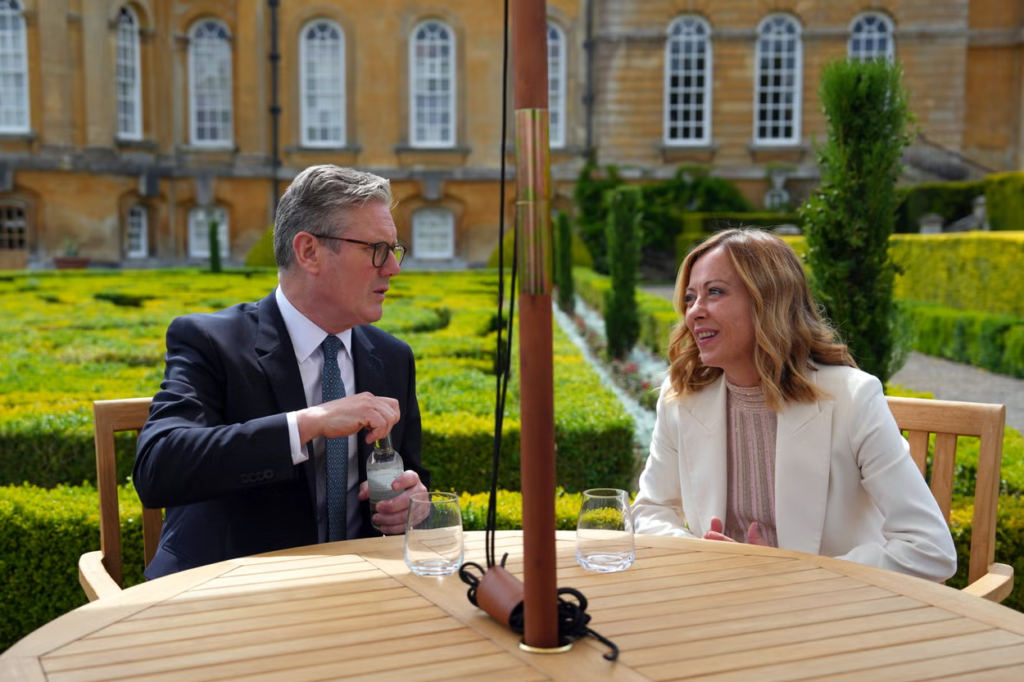The UK is preparing to tighten its visa policies for nationals of countries that fail to cooperate with asylum return agreements, Prime Minister Keir Starmer said at the G7 summit in Canada.
Speaking during the high-level talks in Kananaskis, Alberta, Starmer outlined plans for a more “transactional” approach to immigration diplomacy.
The proposed policy could see visa applications made more difficult for citizens of countries that either refuse to accept deported individuals or do not take adequate steps to stop irregular migration to the UK and Europe. “I made clear that we are looking at issues like a smarter use of our visas,” Starmer stated. “Looking at whether we should tie our visas to the work that the countries we’re dealing with are doing on preventive measures and on return agreements.”
The United Kingdom currently has bilateral return agreements with 11 countries, including Albania, Pakistan, India, Iraq, Nigeria, Vietnam, and Bangladesh. These deals allow for the expedited return of individuals who have had their asylum applications denied.
Officials see these arrangements as a deterrent to irregular migration. For example, the number of Albanian nationals applying for asylum in the UK has significantly declined since the implementation of the returns agreement with Albania.
“We’ve done a number of bilateral return agreements. So the question is, again, whether it’s possible to go a bit beyond that. We are looking at whether we can’t be a bit smarter with the use of our visas in return in relation to countries that don’t have a return agreement with us.”
Keir Starmer
Starmer described the forthcoming approach as “more transactional”, suggesting that access to the UK’s visa system could be used as leverage to secure cooperation on migration control and deportations.
Migration Tools May Be Strengthened Further
Beyond the visa proposals, Starmer engaged in discussions with European leaders, including French President Emmanuel Macron, Italian Prime Minister Giorgia Meloni, and German Chancellor Friedrich Merz, about joint efforts to manage asylum flows and curb small boat crossings.

“I think we need to strengthen our existing tools, but then go further and see what else we can do. And that is a piece of work we’re looking at with the French in particular.”
Keir Starmer
The summit’s joint session on migration also covered wider security concerns. Starmer said he put forward suggestions related to “counter-terrorism, powers and sanctions.” He emphasized that the migration issue requires shared action among European countries due to the interconnected nature of migrant routes. Starmer noted he discussed specific strategies with Macron and Meloni.
“I obviously raised it specifically, and indeed in detail, with President Macron. And in terms of the specific actions that I want us to take together, as I did with Giorgia Meloni, slightly more upstream with her, which is where she’s shown some success in reducing her own numbers, and with Friedrich Merz as well, because some of the boats are transiting through Germany.”
Keir Starmer
With growing domestic and international pressure to address irregular migration, Starmer’s comments signal a shift toward stricter enforcement measures linked to international cooperation.
READ ALSO: Jimmy Odukoya Fumes Over Benue Crisis




















